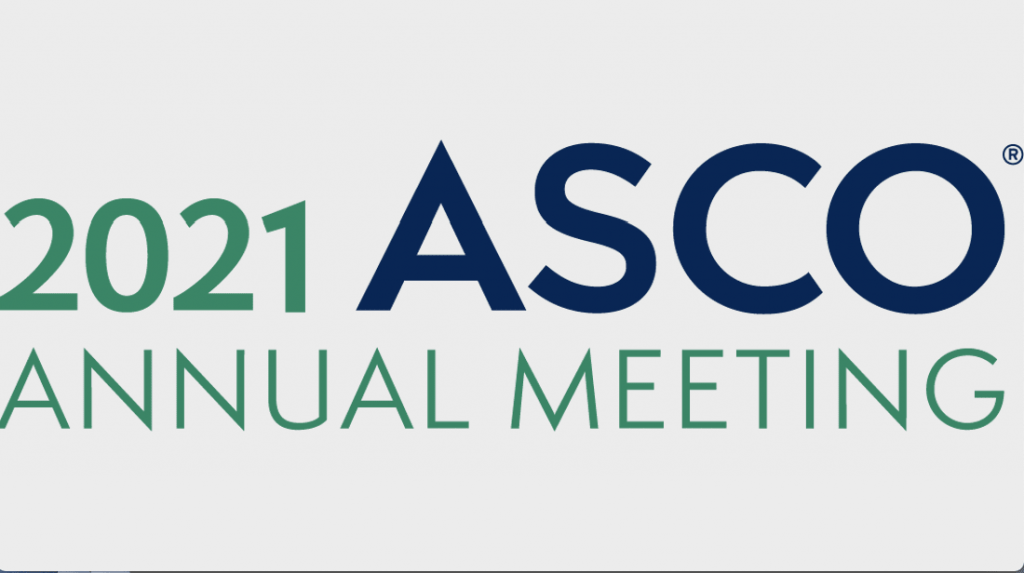The 2021 ASCO Annual Meeting showcases what is possible when the cancer care community comes together to advance cancer research, treatment, and patient care. The abstract, Patient and Provider Education on HER2-Positive Metastatic Breast Cancer: Defining Gaps in Clinician Practice, Patient Behaviors, Patient-Provider Alignment, and Clinical Knowledge highlights key findings from a 2020 tethered education activity created in partnership with Susan G Komen (SGK) through a pair of clinicians and patient activities aligned on the same topic.
Tethered, or aligned education, allows for greater insights into (and comparison of) patient challenges, treatment goals, and preferences for decision making. At two months post activity (follow-up), 83% of patients reported improvements in communication with their healthcare team. Beyond “affording therapy”, patient/caregiver participants noted “understanding treatment options” as their greatest challenges, and “self-care strategies” as the most sought information during the COVID-19 pandemic.
The diverse lineup of speakers featured in the patient/caregiver programs (clinician, advocacy representative, and patient speaker) in addition to patient stories representing diverse experiences aided in addressing gaps in dialogue and understanding between providers and patients related to breast cancer care. Panelists for the patient/caregiver activity, A Woman’s Role in Her Breast Cancer Care, include Ann Partridge, MD, MPH, Harvard Medical School and Dana-Farber Cancer Institute, Kristina Broussard of Susan. G. Komen, and patient presenter Rebecca Seago-Coyle
Faculty for the CME/CE activity, Metastatic HER2-Positive Disease: Overcoming HER2 Resistance, include Ann Partridge, MD, MPH and Adam Brufsky, MD, PhD, Professor of Medicine at the University of Pittsburgh School of Medicine; Associate Chief, Hematology-Oncology, Associate Director of Clinical Investigation at the University of Pittsburgh Cancer Institute.
The education is supported by independent educational grants from Daiichi Sankyo, Inc., Seattle Genetics, Inc., and AstraZeneca.
Have questions about the abstract, program highlighted, or want to learn more about how PlatformQ Health is delivering impactful education to HCPs and patients? Email us at digital@platformq.com.
Full Abstract
Background: Current breast cancer management is driven by inherent heterogeneity of disease. Therapeutic options for later lines of HER2 therapy have expanded, shifting practice patterns to incorporate the latest evidence and guidelines. Health care providers (HCPs) require education to synthesize new evidence in the context of clinical practice including three approved HER2-directed therapies between December 2019 and April 2020. Concurrent patient and caregiver education is imperative to improve collaborative treatment decisions for HER2+ metastatic breast cancer (MBC).
Methods: Two, 1-hour online video-based programs were hosted in June, 2020 for HCPs and patients/caregivers, respectively. Practice and knowledge gaps among HCPs, and knowledge, communication and self-efficacy behaviors among patients were assessed. Each activity was interactive, consisting of slides, polling and live questions, and both remain on-demand (and on social media for patients/caregivers) for 12 months. Assessments were administered at 3 time points (pre-, immediate post-, and 2 mos. post-activity). Data from these questions, responses to live polling questions, and learner-submitted questions during live Q&A were analyzed to determine engagement, lessons learned, and continuing education gaps.
Results: As of February 2021, 525 HCPs and 9,582 patients (9,449 Facebook Video; 133 CancerCoachLive.com) participated in the ongoing activities. Post education, HCP learners anticipated the education would positively impact practice behavior (77%) and patient clinical outcomes (73%). HCP improvements in pre/post knowledge and competence questions were realized in 3/4 of the questions. Of patients/caregivers, 34% more learners reported confidence in managing their condition post vs. pre-education. They listed “affording therapy” and “understanding treatment options” as their greatest challenges, and reported “self-care strategies” as their most sought information during the COVID-19 pandemic. At 2-mos. follow-up, 83% of patients reported improvements in communication with their HCPs, and 77% of HCPs reported improvements in their clinical practice. Updated data will be shared, including aligned HCP and patient questions pertaining to care challenges and communication goals.
Conclusions: CME and patient education can yield gains in clinical practice behaviors, patient healthcare communication and confidence, and treatment knowledge of HER2-postive breast cancer. Together, aligned education directed to HCPs and patients can improve the ability to provide evidence-based treatment for patients.

